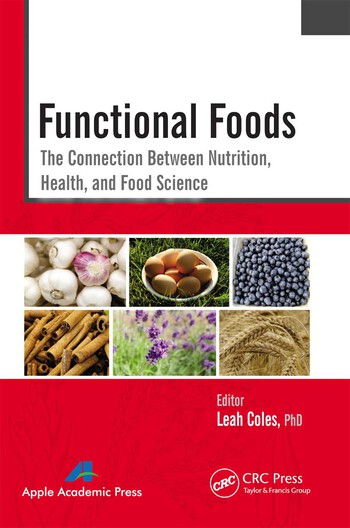Nuts to Health
Researchers looked at the association of nut consumption with total and cause-specific mortality among 76,464 women.

This is the largest study to date to examine the relation between nut consumption and total mortality, and the results are consistent with previous studies, according to senior author, Charles Fuchs, MD, MPH, from the Department of Medical Oncology, Dana-Farber Cancer Institute, Boston. “The findings from our study and others suggest a potential benefit of nut consumption for promoting health and longevity,” reported Fuchs.
Nuts contain important nutrients such as unsaturated fats, high quality protein, vitamins (i.e., vitamin E, folate and niacin) minerals (i.e., magnesium, calcium and potassium) and phytochemicals -- all of which may offer cardioprotective, anticarcinogenic, anti-inflammatory and antioxidant properties.
Previous studies have supported the disease-protective power of nuts, specifically pistachios. Studies suggest that pistachios eaten in moderation may help support healthy blood glucose levels. Additionally, the FDA recognizes that eating 1.5oz. per day of most tree nuts, including pistachios, as part of a diet low in saturated fat and cholesterol may lower the risk of heart disease. Also, for weight maintenance, emerging research suggests that the actual act of opening the shell to eat a pistachio helps to slow down the eating process. The shells appear to serve as a visual cue in reducing caloric consumption. Even though fewer calories (and pistachios) are consumed, there was no difference in satisfaction.
A 1oz. serving of pistachios is 49 nuts, more per serving than any other snack nut, and provides a good source of fiber (3g), 6g of protein and 11g of heart healthy fat all for just 160 calories.
“Cardiovascular disease (CVD) is one of the leading causes of mortality in India. It is estimated that 23.6 million CVD cases will be reported in subjects younger than 40 years of age by 2015, suggesting that young Indians are at higher cardiac risk,” says Wahida Karmally, DrPH, RD, CDE, associate research scientist, Columbia University.
“Several studies have demonstrated that regular consumption of nuts such as pistachios and almonds (about 5oz. per week) is associated with a reduced risk of heart disease. Because of their beneficial unsaturated fatty acid profile as well as other nutritional components such as protein, magnesium, potassium, nuts may be incorporated into a healthful dietary pattern low in saturated fat and cholesterol to reduce LDL-cholesterol (bad cholesterol).
“This study further strengthens the value of eating these nuts as a part of a meal or as a snack for wellbeing.”
The study was funded by the National Institutes of Health (NIH) with additional support from The International Tree Nut Council Nutrition Research & Education Foundation (INC NREF).
Looking for a reprint of this article?
From high-res PDFs to custom plaques, order your copy today!







